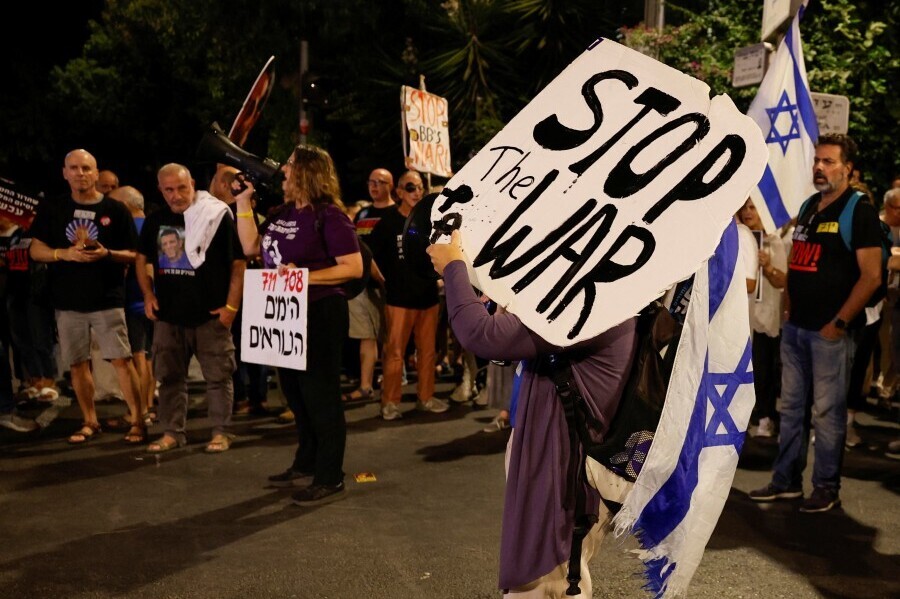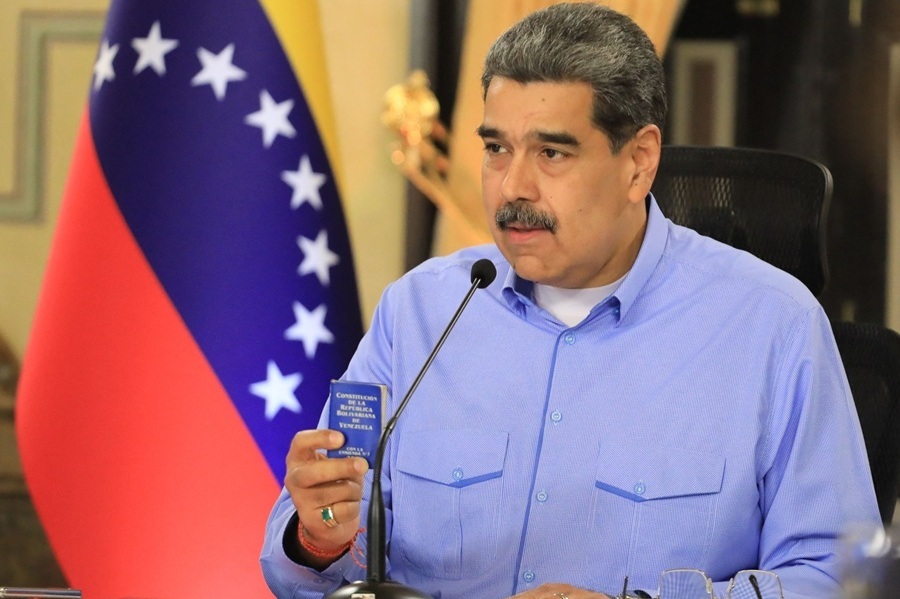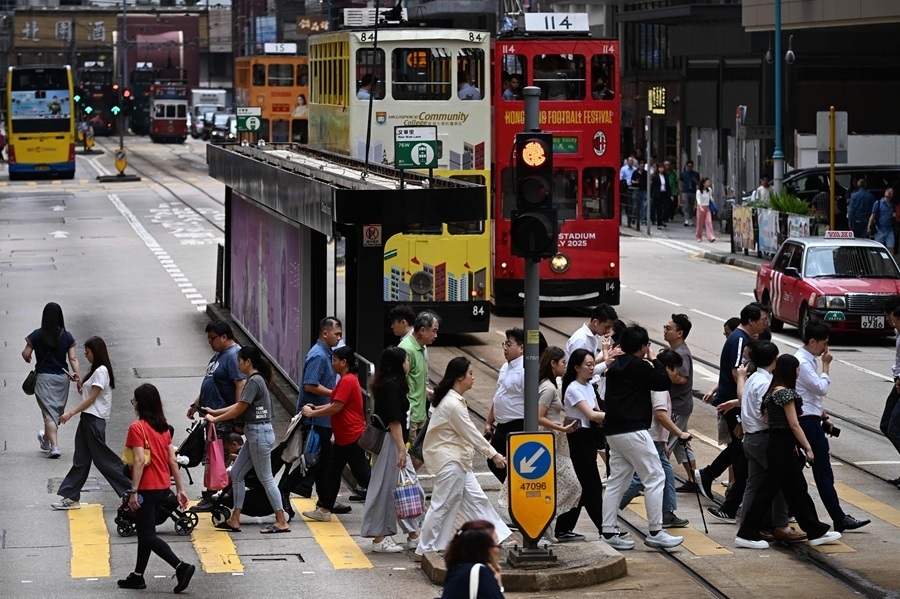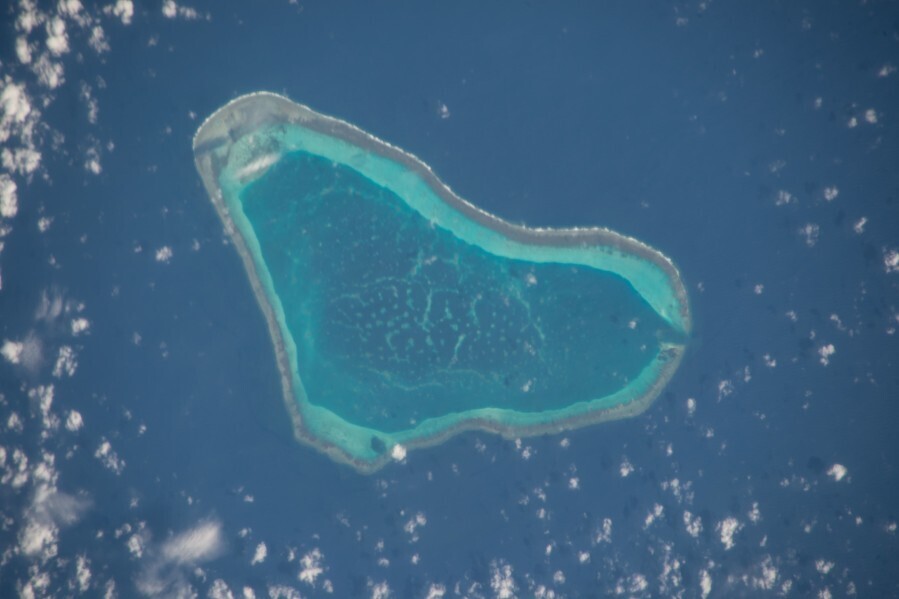War in Gaza a litmus test for China's diplomatic ambitions in the Middle East
China has drawn international flak for not expressing a stronger stance on the Israel-Palestinian conflict, when just a few months ago, it was lauded for helping to ease tensions between Iran and Saudi Arabia. While it is a key player in the region, China could easily fall back into its "balanced vagueness" foreign policy approach, says academic Alessandro Arduino.
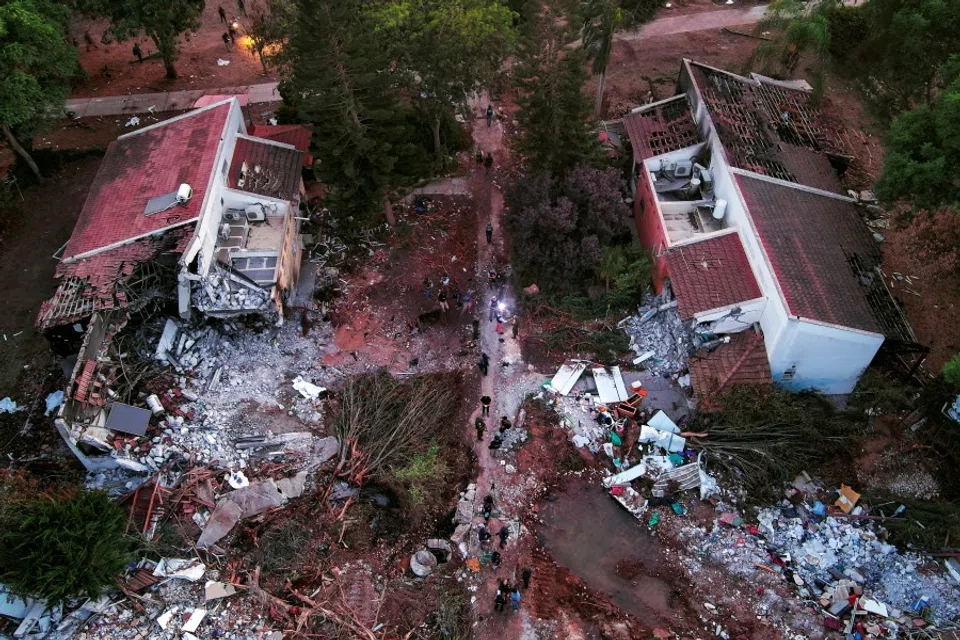
The conflict in Gaza serves as a crucial test for China's diplomatic ambitions in the Middle East. The unexpected easing of tensions between Iran and Saudi Arabia, facilitated by China, and ongoing US efforts to mediate between Israel and Saudi Arabia, are seen as key factors maintaining regional stability. Recently, various countries in the Middle East and internationally, while outwardly expressing support for the Palestinian cause, are strategically positioning themselves to gain the most from China-US competition, casting the future of Palestine in an undefined limbo.
The 7 October coordinated land, sea and air attacks on Israel launched by Hamas, the Islamist militia that controls Gaza, in 30 hours dispelled the notion that a renewed security architecture in the region could be established without addressing the Palestinian issue. In this respect, the current Chinese Middle East policy is caught between a rock and a hard place trying to balance the moral opprobrium generated by the killing of hundreds of civilians and preserving its strategic interests.
China's balancing act
Historically, China has been a consistent supporter of the Palestinian state, but since 1979, its stance has evolved into a more balanced relationship with Israel, culminating in active participation in the Middle East affairs in 2013 with the launch of the Belt and Road Initiative (BRI). With the BRI's increased involvement and China's voracious need for energy resources in the region, China faces the challenge of balancing support for Arab countries while maintaining friendly ties with Israel. Amid the Syrian civil war and a possible Iranian-US confrontation fanning the flames of war, Chinese diplomats have been asserting that the question of Palestine must not be marginalised.
... the surge of violence in Gaza has prompted a shift in China's role from peace broker to their previously cautious stance.
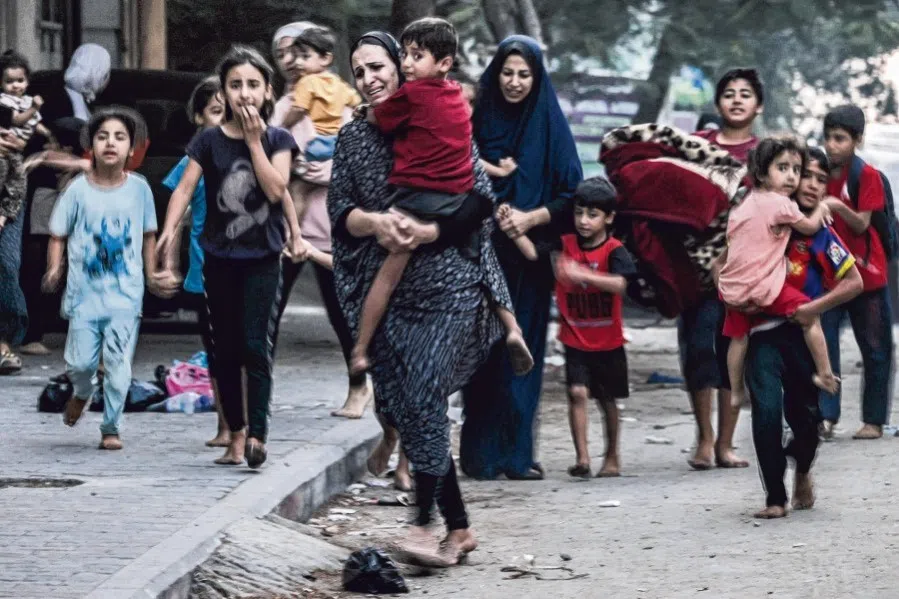
Recently, with China promoting a greater role for the Middle East in the Shanghai Cooperation Organisation (SCO) and the enlargement of the BRICS (Brazil, Russia, India, China and South Africa) grouping, Beijing continues to advocate for a two-state solution. However, the surge of violence in Gaza has prompted a shift in China's role from peace broker to their previously cautious stance. While there is an opportunity for Beijing to act as a mediator and facilitate a truce, it appears China may revert to a "balanced vagueness" foreign policy approach, hedging its bets on both sides. While Egypt is manoeuvring to carve a role in the peace process, Turkey is ready to fill the gap, with the Turkish foreign ministry reaffirming its commitment to facilitating a peaceful resolution in the region.
Less room to play peace broker
An example of China's ongoing balancing act is related to the call for restraint since the conflict erupted. The gruesome images of Hamas's killing of Israeli civilians near the Gaza Strip have sparked global condemnation. Despite China's amicable relations with Israel, it has not condemned Hamas with the same vigour as the US and Europe, leading the Israeli embassy in China to call for a stronger stance. Some media reported that China later issued a stronger statement following US Senate Majority Leader Chuck Schumer's meetings in Beijing.
How China proceeds may become clearer during a possible meeting between Presidents Xi and Biden in November, with Chinese influence on Iran seen as a potential bargaining chip.
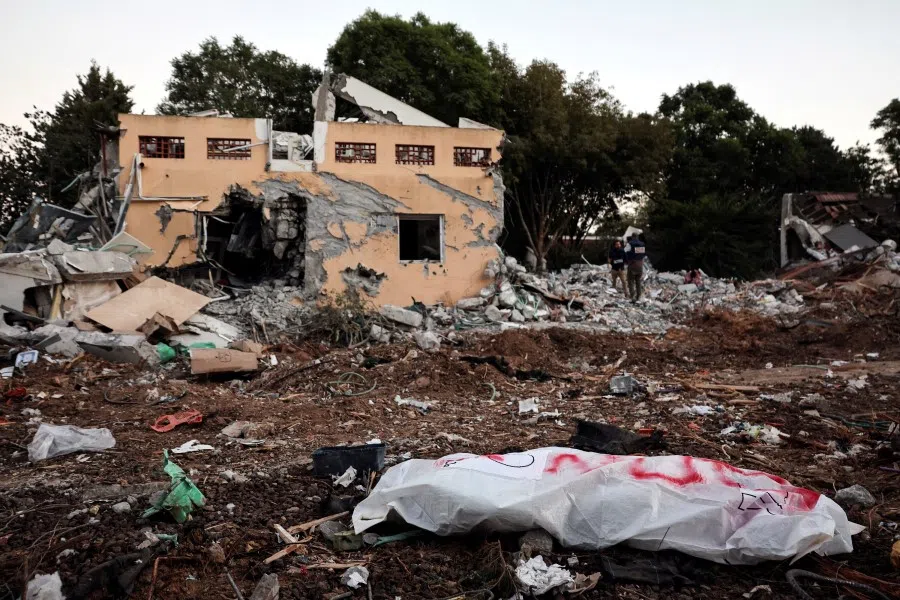
The persistent crisis is a major obstacle to China's planned engagement with the region. Last June, President Xi met with the President of the State of Palestine and the Palestinian National Authority Mahmoud Abbas but the planned state visit by the Prime Minister of Israel Benjamin Netanyahu later this month in Beijing, is probably not going to happen.
While it is yet to be seen if the Chinese peace plan will have traction, China's diplomatic approach is increasingly influenced by external pressures, such as the expectation for a stronger condemnation of Hamas. How China proceeds may become clearer during a possible meeting between Presidents Xi and Biden in November, with Chinese influence on Iran seen as a potential bargaining chip.
Other countries stand to benefit
While Hamas is perceived as the winner of the first round in the new cycle of violence, having shattered the myth of the invincibility of the Israeli army and intelligence, other countries such as Iran and Russia are reaping the benefits. Iran's supreme leader, Ayatollah Ali Khamenei, declared that Israel has suffered an irreversible military and intelligence setback. At the same time, Tehran confirmed its staunch support for Palestine in the ongoing conflict, while vehemently denying Iran's involvement in any recent actions taken by Hamas.
In the Middle East, China's pivotal role in maintaining positive relationships across the region is evident. Yet, shadows linger on its willingness to don the mantle of a mediator...
Also, amidst the chaos of the Ukrainian invasion, Moscow gains an advantage as the West grapples with the new crisis in the Middle East. The US's swift decision to deploy the USS Gerald R. Ford Carrier Strike Group to the Eastern Mediterranean, coupled with the European Union's logistical initiatives for repatriating dual citizens, pilgrims, and tourists, have shifted focus away from developments in Ukraine, which could be advantageous to the Kremlin.
In the Middle East, China's pivotal role in maintaining positive relationships across the region is evident. Yet, shadows linger on its willingness to don the mantle of a mediator, especially as Tehran, rejoicing for Hamas's victory, may now be less amenable to the counsel Beijing may offer.

